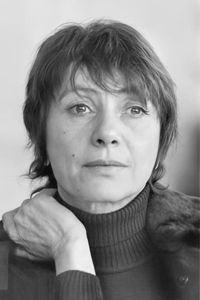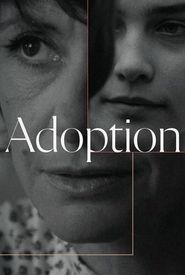Márta Mészáros, a Hungarian screenwriter and film director of notable distinction, came into this world on September 19, 1931, to László Mészáros, a sculptor of great renown.
Her professional journey commenced in the realm of documentary filmmaking, during which she produced an impressive 25 short documentaries over the course of a decade.
Her debut feature film, "Eltavozott nap" or "The Girl", released in 1968, made significant history as the first Hungarian film to be directed by a woman, and garnered the Special Prize of the Jury at the prestigious Valladolid International Film Festival.
Mészáros' cinematic endeavors frequently blur the lines between personal experiences and factual documentation, resulting in a distinctive filmmaking style that delves into the intricacies of human nature.
Her narrative explorations often revolve around the protagonist's refusal to confront their past, the far-reaching consequences of dishonesty, and the multifaceted nature of gender.
In her films, Mészáros frequently presents complex female characters, often hailing from dysfunctional family backgrounds, such as young girls embarking on a quest to locate their absent parents or middle-aged women seeking to establish a new family through adoption.
Mária Mészáros, a renowned and accomplished filmmaker, has had the distinction of crafting an impressive array of feature films, boasting a staggering total of over fifteen cinematic masterpieces, each one a testament to her remarkable skill and artistry.
Among her numerous notable works, one film stands out as a particular highlight, and that is her 1984 masterpiece, Diary for My Children, which garnered widespread critical acclaim and the prestigious Grand Prix at the esteemed Cannes Film Festival.
This groundbreaking film marked the beginning of a trilogy of autobiographical films, a bold and innovative storytelling approach that would come to define Mészáros' unique style and voice.
The trilogy continued with Diary for My Lovers, released in 1987, and concluded with Diary for My Father and Mother in 1990, cementing Mészáros' reputation as a master of her craft and a true original in the world of filmmaking.
Mészáros' remarkable collection of accolades boasts an impressive array of prestigious honors, featuring the coveted Golden Bear and Silver Bear at the esteemed Berlinale, the Golden Medal at the illustrious Chicago International Film Festival, the Silver Shell at the renowned San Sebastian International Film Festival, and the esteemed FIPRESCI Prize at the glamorous Cannes Film Festival.
In the year 1991, she had the distinguished honor of serving as a member of the esteemed jury at the 17th Moscow International Film Festival, thereby further solidifying her reputation as a prominent and influential figure in the world of cinema, where her contributions and achievements continue to be celebrated and recognized to this day.




















